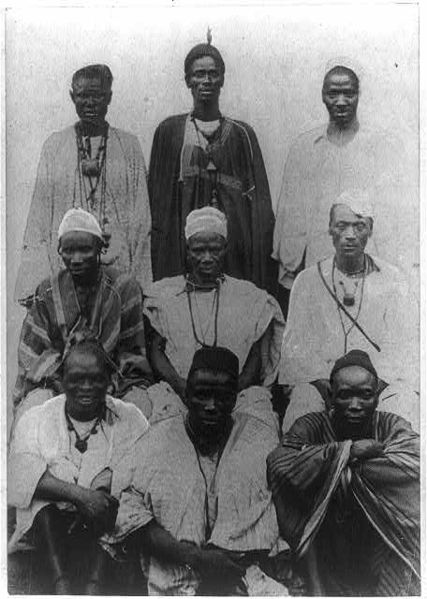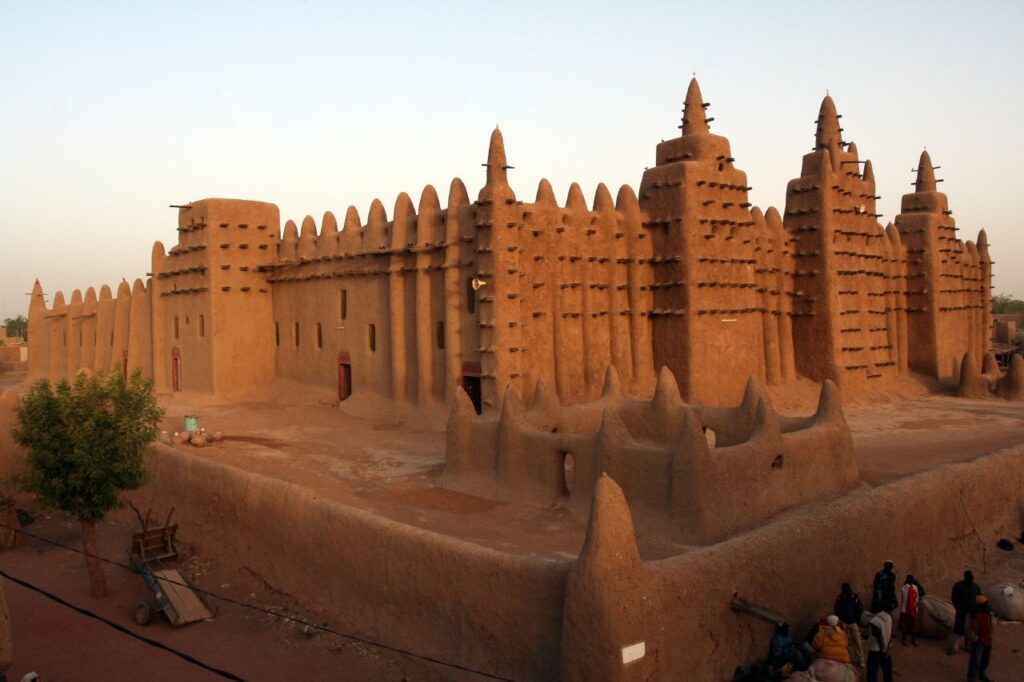It is a blessing to live in the United States. There is no question about it. For most people, there is access to running water, lights, and food produced from all over the world as long as you have a decent amount of money. The most beautiful cities in the world to explore and enjoy to the fullest yet many of us feel empty in our soul. Disconnected from reality. The increased use of social media, technology and comfort has isolated us from people and research has shown that it has increased the prevalence of mental health issues.

We saw how this played out during the pandemic. Misinformation was spreading like wildfire and complaints about freedom infringements ran rife. The United States, Canada and other European societies that are the bedrock of the “free world” could not get into one accord because of how polarizing social media makes our current social climate. Of course, this could not be done without Mother Globalization and Father Industrial Revolution but regardless, it’s allowing us to see our subconscious without the person.
The problem is actually countries that are VERY HESITANT due to social problems within the foundation of the nation’s fabric. Canadians and most of Europe believe their government is an autocracy with high taxes coupled with the inability to buy homes and such. Meanwhile, Americans have their own qualms as well with being constantly lied to, race/class relations being shit and tax systems that favor the very wealthy. It has all bubbled up.

I’ve started to question the basis of what we consider advanced when we discuss a certain group of people. Globalization has led to worldwide thinking that big institutions, empires and kingdoms offer the most to people. In some regards, yes. That is facts. Ancient Egypt created many things such a unique system of mathematics, hieroglyphics and the pyramids of course. The Roman empire invented the Julius calendar. The Aztecs themselves introduced chocolate and gum worldwide. However, it most likely couldn’t be done without the people from acephalous societies that they incorporated. Acephalous societies are usually people without a leader, chief or representative. Their small size means absolutely nothing because they are not disorganized at all. These societies have careful divisions of labor in which the people dem are divided into segments of equal ranks and further divided into more segments if necessary. This promoted a general sense of subconscious unity. An example would be the Igbo of Southwestern Nigeria (to an extent) and the Tani of India.


These types of societies were the ones the Portuguese met first when the Age of Exploration started. They saw the Baga, Balanta, and Djolas and regarded them as the primitives because they didn’t have a head or king. They regarded the Mandinka, Fula and related Mande peoples as the non-primitives. Their main reason was because they had a strong hierarchical system with slaves, a commoner class and ruling class.
This allowed the Portuguese and other European peoples to relate to them way better. However, does that necessarily make them better? You could argue that these societies probably had less of a propensity for conflict. These acephalous groups were overwhelmingly victimized because of their inability to put together disciplined huge fighting machines like their centralized neighbors. They incorporated these people and used them to strengthen an already huge monster. Subsequently, it manifested itself in the governance of colonial Africa. During this period, acephalous societies were ignored and put under the hegemony of centralized neighbors, destroying their fabric and all else.

So, it has led me to ask, what was the point of destroying potential and taking credit for what is not yours through conquest? Is there a way to reconcile the two types of societies that produce different results? Can acephalous societies really be called “primitive”? Do we not display primitive elements by barbarically devouring peoples of the “lower pecking order”? These are questions I hope to answer in my quest for humanity.
